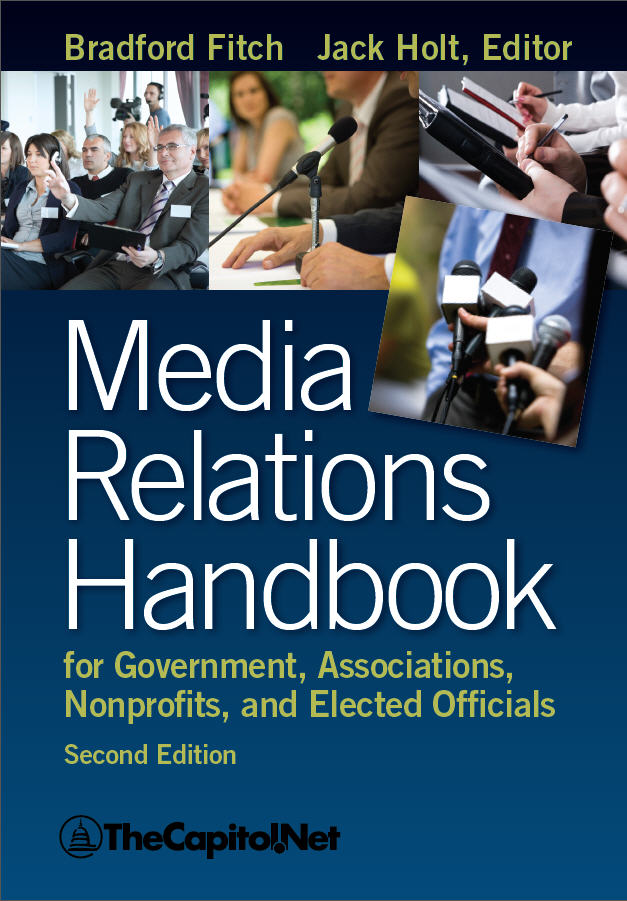When it comes to politics in Washington, most PR people continually operate in crisis mode. This is because it can seem as though there is always a fire to put out, a crisis to manage or preparing to handle a crisis. The way in which you prepare for a crisis often determines how well your organization survives an incident, so it is imperative to learn how to effectively manage a crisis, small or large.

First, the importance of having a crisis communication plan must be embraced by the leaders in your organization. Many leaders want to ignore the different scenarios that could potentially threaten an organization because the prospect of facing potential negative consequences is simply too unpleasant. As a media relations expert or public relations staffer it is your responsibility to ensure that your principal and your organization plans for the worst–no matter how unpleasant that prospect might be.
One way to do that is to brainstorm different scenarios that could potentially lead to negative news coverage. Take advantage of the opportunity to call on all important members of your team to discuss possible crises that could cause a problem for your principal or organization.
You want to obtain agreement ahead of time regarding which personnel and assets can be utilized by you and your colleagues in case of a crisis. You do not want to be left scrambling in the event of an actual crisis trying to determine which resources you can use. Time will be of the essence in the event of a crisis.
You must also know in advance who will speak to the media–and who should not. It is not uncommon for members of the media to wish to speak to more than a single spokesperson when a crisis occurs. If you attempt to filter information or prevent reporters from speaking to important people within the organization you can actually do more harm than good. Reporters are likely to become suspicious and consequently begin to speculate; something you do not want to happen. Make sure you have experts available.
Finally, make sure you have a handbook that includes your  crisis communications plan. Your handbook should contain your plan for reaching people in the event of a crisis, conference call info and critical media information including backup info for press lists. To learn more about crisis communications planing, consider our Advanced Media Relations Workshop.
crisis communications plan. Your handbook should contain your plan for reaching people in the event of a crisis, conference call info and critical media information including backup info for press lists. To learn more about crisis communications planing, consider our Advanced Media Relations Workshop.
Reference: Media Relations Handbook, by Bradford Fitch, Section 12.2 Preparing for the Crisis–Crisis Communications Plan
For more than 40 years, TheCapitol.Net and its predecessor, Congressional Quarterly Executive Conferences, have been teaching professionals from government, military, business, and NGOs about the dynamics and operations of the legislative and executive branches and how to work with them.
Our custom on-site and online training, publications, and audio courses include congressional operations, legislative and budget process, communication and advocacy, media and public relations, testifying before Congress, research skills, legislative drafting, critical thinking and writing, and more.
TheCapitol.Net is on the GSA Schedule, MAS, for custom on-site and online training. GSA Contract GS02F0192X
TheCapitol.Net is now owned by the Sunwater Institute.
Teaching how Washington and Congress work ™

